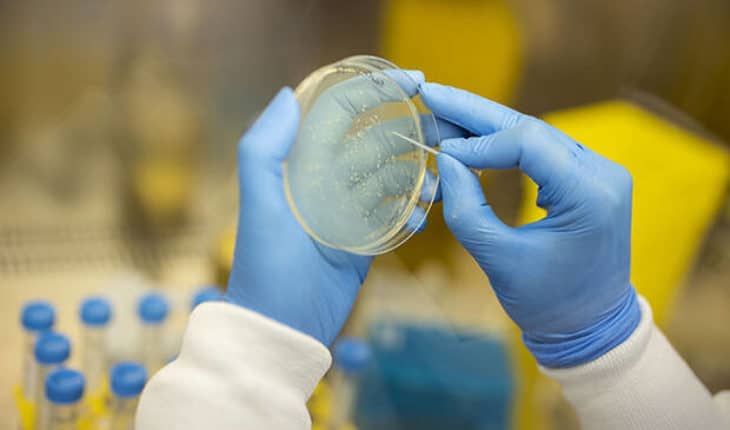University of Queensland partners with Moderna:
The University of Queensland has been selected as one of the first launch institutions in the world to partner with biotechnology company Moderna to research and develop vaccines to tackle the world’s greatest global public health threats.The partnership, brokered by two of the University’s leading researchers Professor Mark Walker and Professor Paul Young, will allow UQ scientists access to Moderna’s mRNA platform to develop mRNA vaccines for neglected and emerging viruses.
“This partnership is a coup for UQ with advances in vaccine delivery potentially saving thousands of lives in developing countries,” Professor Young said.“It is also recognition that UQ is a centre of excellence in vaccine research and discovery.”Professor Young said there were at least 10 disease research projects underway at UQ that could benefit immediately from the mRNA Access partnership.“Moderna will set up a portal where researchers in this collaborative agreement will have access to their mRNA technology to target these identified pathogens,” he said.“The partnership will focus on diseases that have the potential to emerge as a future pandemic and diseases that are already a problem in low- and middle-income countries, like dengue, malaria, tuberculosis and zika virus.Professor Walker said it was a crucial collaboration.“What we would be getting from them is that full package – we would provide the sequence; they would provide back to us a formulated vaccine that we would put into pre-clinical studies,” he said.“UQ brings disease-specific expertise to be able to design and test vaccines and demonstrate efficacy – those are the things that UQ does very well.”Professor Walker said the partnership would speed up the production of new vaccines.“This is rapid turnaround technology and the identification of a new vaccine to clinical use stage could happen in as little as 100 days,” he said.“There is no doubt that the production of vaccines to target these diseases will be delivered more quickly by this collaboration.”Professor Young said the partnership could also result in commercial opportunities.“A number of UQ researchers have already been exploring mRNA vaccine delivery and it’s quite a challenging pathway to get right, so having this partnership is going to make a significant change to the way we can progress these studies forward,” he said.“For example, if the mRNA technology can be successfully applied to generate an effective dengue vaccine, something that has been a goal for many decades, then not only will we be addressing a long-term global disease threat but also helping to support our local biotechnology industry.”Professor Walker added that there could also be applications for bacterial diseases which are resistant to antibiotics.“While much of the recent narrative has been around viral and pandemic vaccines, targeting anti-microbial resistant bacterial diseases is another important goal of this partnership,” he said.“Researchers are starting to think about trying to resolve this growing global threat via vaccines instead of antibiotics.”
- Gut microbiome could delay onset of type 1 diabetes - 3rd April 2025
- The da Vinci 5 Robot Is Set To Transform Bariatric Care: - 31st March 2025
- Beyond money: the hidden drivers fuelling child food insecurity - 31st March 2025






